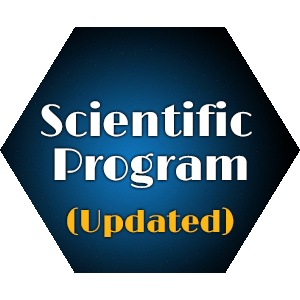
Zakaria Hmama
Universirty of British columbia, Canada
Title: Improving the efficacy of the Tuberculosis vaccine M. bovis BCG
Biography
Biography: Zakaria Hmama
Abstract
BCG vaccine, introduced almost 100 years ago, is the only option to prevent tuberculosis (TB) disease. It effectively protects newborns from meningeal TB but fails to prevent adult pulmonary TB. TB kills 1.3million people annually in areas where BCG vaccination is widely practiced. Thus, more effective TB vaccines are urgently needed. Others and we have shown that BCG mimics features of virulent M. tuberculosis, in particular attenuation of essential macrophage functions such as phagosome maturation and antigen presentation. One of these studies revealed that defect in antigen presentation is largely due to down-regulation of the cysteine protease Cathepsin S (CatS), which prevents MHC II molecule maturation and proper antigen peptide loading. Recent studies also suggested a potential role for cysteine proteases in the regulation of apoptosis, a key cellular process used by the macrophage to (i) contain and process ingested bacteria and (ii) facilitate cross-talk antigen presentation between the macrophage and dendritic cells.
To reverse the phenotype of vaccine-mediated macrophage attenuation, we engineered a novel BCG strain that expresses and secretes active CatS (rBCG-CatS) to examine its pro-apoptotic properties in vitro, and subsequently, immunogenicity in mice.
Transcriptomic profiling of macrophages infected with rBCG-CatS, but not BCG, revealed upregulation of key pro-apoptotic genes and downregulation of anti-apoptotic genes, which were further confirmed by RT-qPCR analyses of expression of selected genes. Macrophages infected with rBCG-CatS undergo apoptosis as indicated by increased levels of annexin V staining and intracellular caspase-3 cleavage. Consistent with these findings, mice vaccinated with rBCG-CatS showed increased antigen-specific CD4+ T-cell responses, as well as enhanced cytokine production and proliferation in CD4+ upon ex vivo re-stimulation.
Collectively, this study shows that a pro-apoptotic BCG strain alleviates adverse traits of the wild-type strain, resulting in a highly immunogenic TB vaccine.

